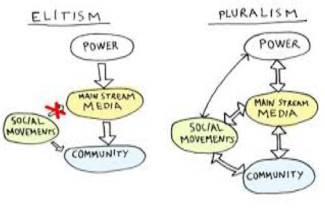Political stalemate and standoffs, exacerbated by serious socio-economic challenges and trends (such as corruption and increasingly hardline separatist rhetoric), has slowed progress in efforts to improve governance. These trends have perpetuated a political environment based on ethno-religious loyalties and political campaigns that do not focus on issues of importance to all citizens, such as economic growth, brain drain, and air pollution.
USAID ASSISTANCE
Launched in September 2019, USAID’s Support to Political Pluralism and Governance Processes project supports the pluralism of political ideas based on real-life issues and activities specific to party preparations for the 2020 municipal elections and the 2022 general elections. This project seeks to improve issue-based campaigning before the elections and policy-driven governance after the elections. The project continues USAID’s efforts to work with young political leaders to prepare them to take a more visible role in political and public life.
IMPLEMENTATION AND EXPECTED RESULTS
The project builds the leadership skills of younger politicians through a highly selective, long-term training program. This program element brings together young politicians from different ethnic backgrounds and across party lines and helps them find commonalities for policy development. Group participants learn to apply analytic research in policy development, collaborate in decision-making processes, and communicate effectively on policy topics.
USAID anticipates the following project results:
- Political parties are committed and implement organized campaigns focused on the economic and social interests of citizens rather than ethno-national rhetoric.
- Women and young candidates are more skilled in developing and promoting issue-based policies.
- Mechanism for dialogue and consensus-building around reform issues in parliaments are stronger and include establishing issue-based caucuses.
- Policies are better coordinated at various levels of government, reducing policy gaps and creating more impactful policies and legislation.
- Electoral procedures are clear and trustful.
- Young political leaders from various parties form productive long-term relationships.
- Young political leaders develop policy initiatives that shift the political discourse toward issues relevant to the country’s progress toward EU integration.

